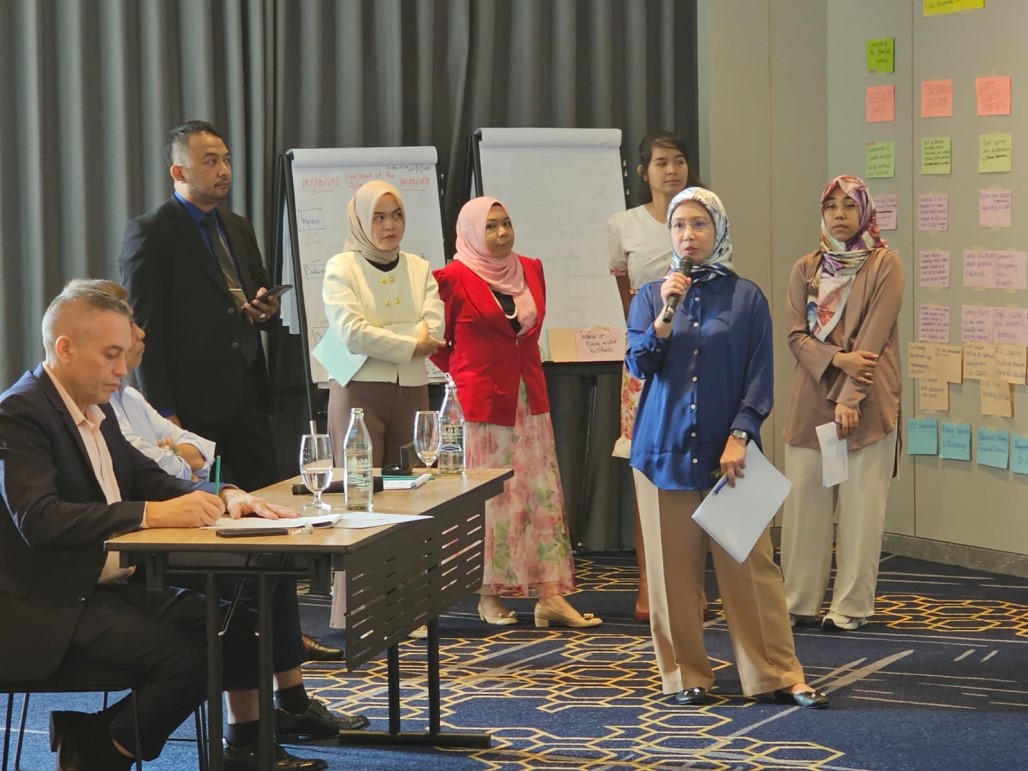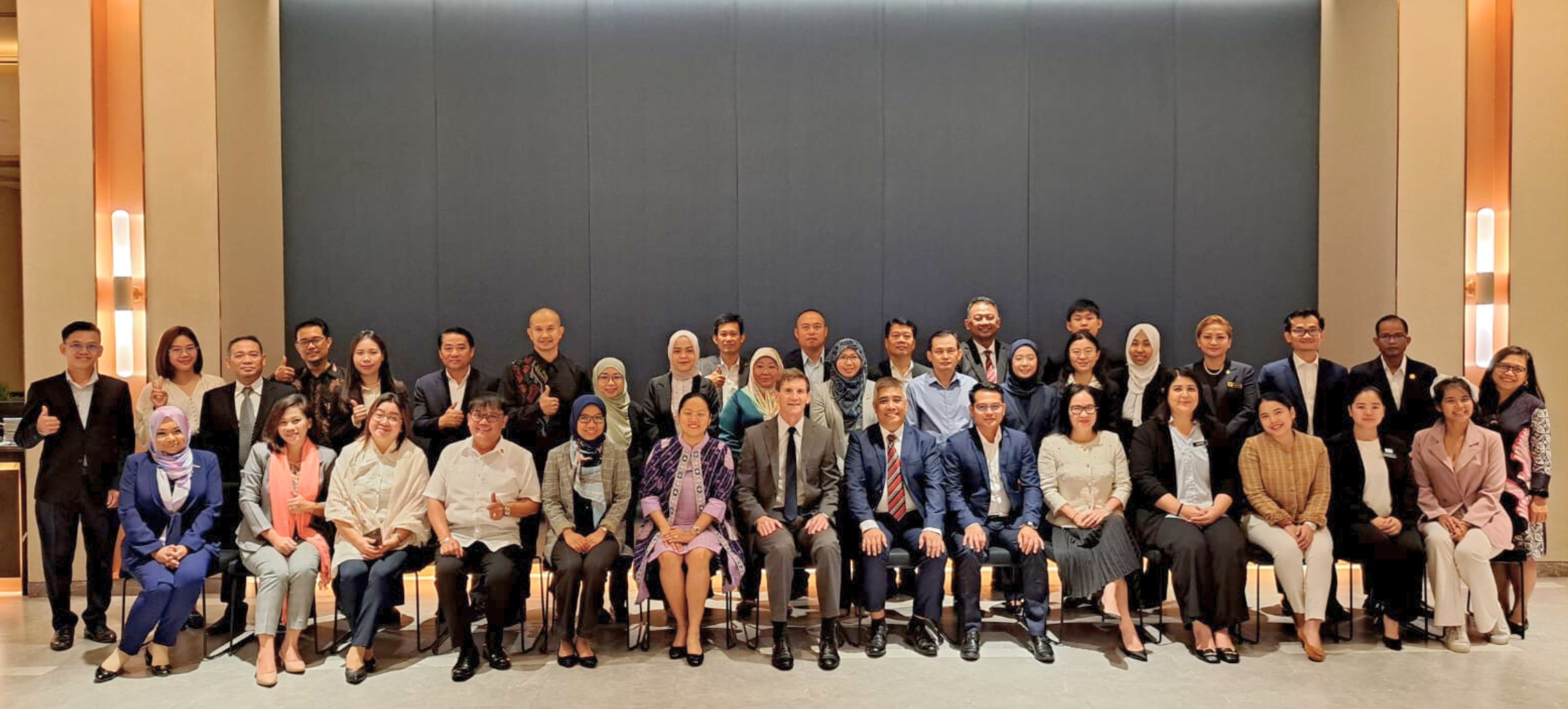Half the battle is won with good project management.
Designing and implementing projects that deliver high development impact require strong institutional capacity and good governance.
Serving as platforms for ASEAN economic integration, the Brunei Darussalam–Indonesia–Malaysia–Philippines East ASEAN Growth Area (BIMP-EAGA), Indonesia–Malaysia–Thailand Growth Triangle (IMT-GT), and the Greater Mekong Subregion (GMS) have adopted project-driven approaches to translate regional strategy into subregional actions.
As of October 2023, BIMP-EAGA has a rolling pipeline of 129 priority infrastructure projects, amounting to $38.87 billion. IMT-GT has 36 priority connectivity projects amounting to $59 billion under the Implementation Blueprint 2022–2026. The GMS has 111 projects valued at $11.7 billion in its Regional Investment Framework 2023–2025.
The three subregional cooperation programs have set up project management and results-based monitoring and evaluation systems as part of their institutional enhancements. However, they still need to address limited capacities in project design, poor delivery systems, weak alignment with the subregional agenda, and poor monitoring and evaluation, which hamper the effectiveness of projects and their impacts.
In October, a 5-day workshop in Bangkok, Thailand provided project management training to public officials and specialists from ministries or departments involved in subregional projects. Led by the Asian Development Bank (ADB), the workshop enhanced competencies of participants in design, implementation, and monitoring and evaluation of projects. It focused on translating subregional strategies and sector strategies into concrete, realistic, feasible and implementable projects. It also introduced a results-based project management approach. At the end of the training, participants presented project concept proposals and indicative project implementation plans in line with their subregional cooperation programs.
“ADB is committed to supporting the executing and implementing agencies we work with to strengthen their capacity to plan, design, finance, and implement ADB-supported projects,” said Alfredo Perdiguero, who heads Regional Cooperation and Integration at ADB’s Southeast Asia Department.
He said the development of sound project concepts and designs plays a key role in attracting and securing financing for subregional investment projects, and in ensuring effective resource utilization.
The training was carried out from 9 to 13 October 2023 under the BIMP-EAGA, IMT-GT and GMS Capacity Building Program (B-I-G Program), which is part of an ADB project that supports regional cooperation and integration.

